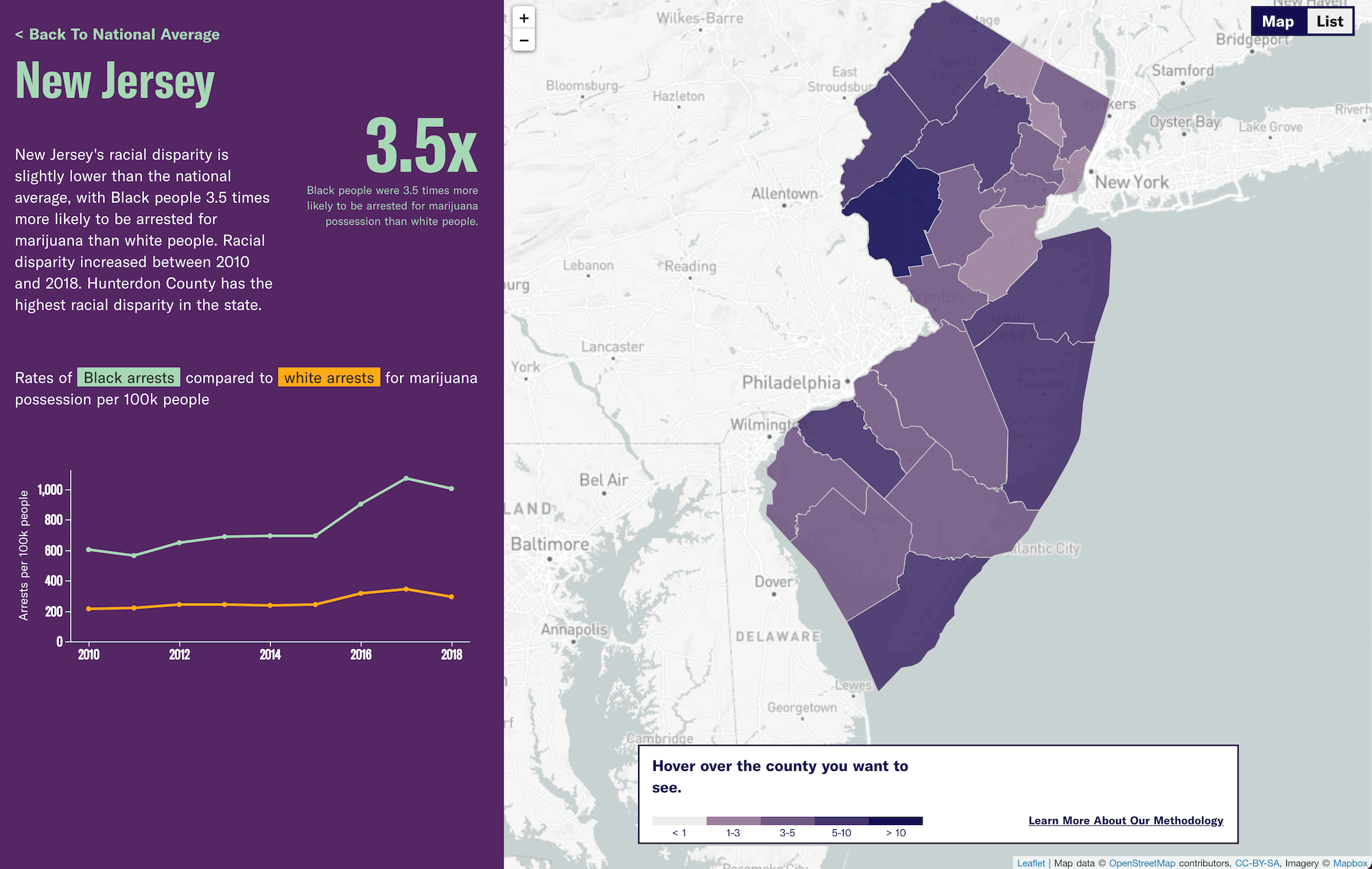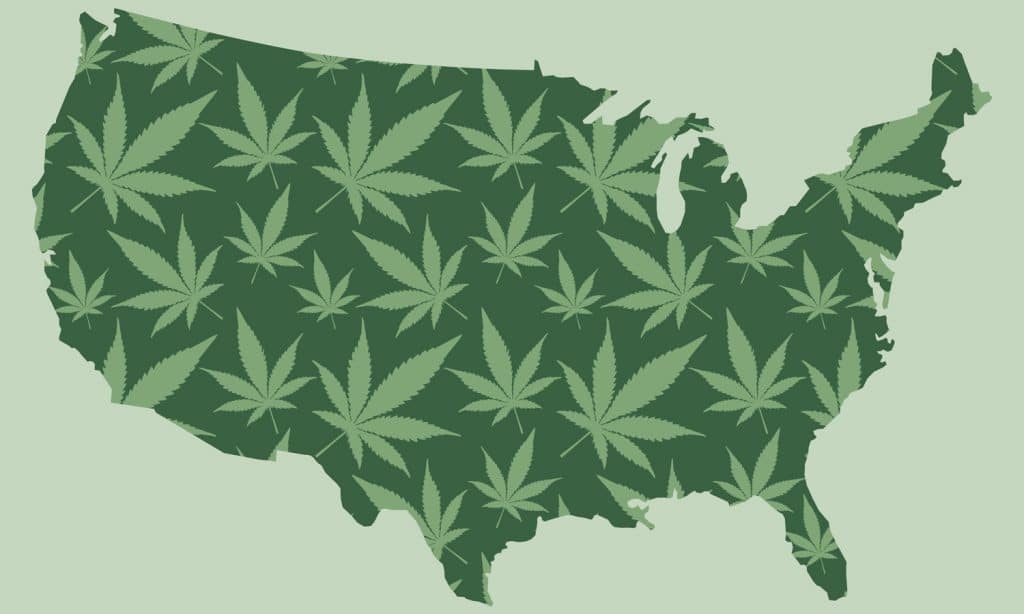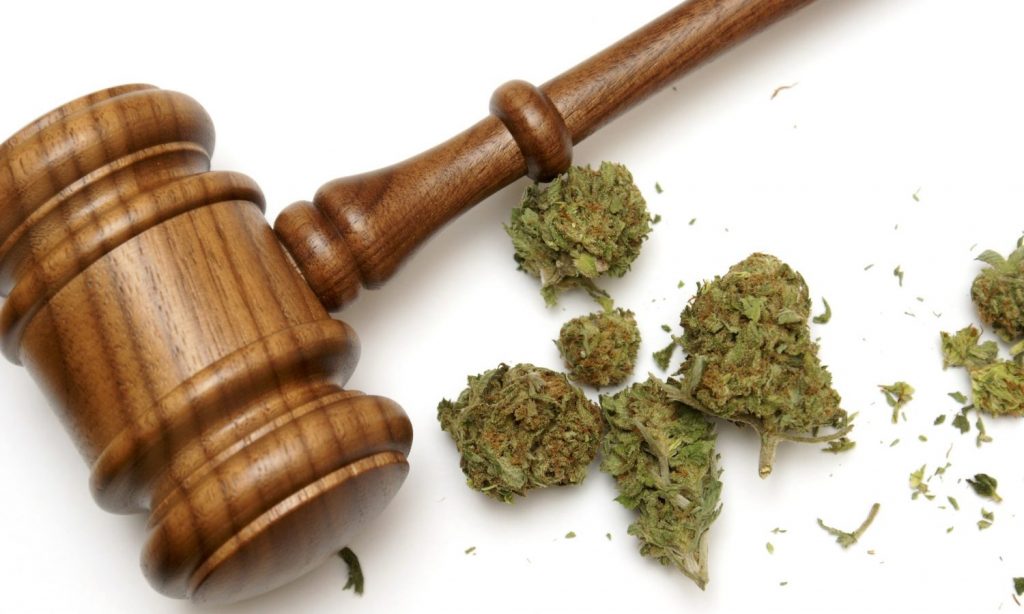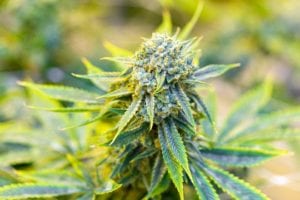Despite being known for its liberal policies, Washington, D.C. still doesn’t have a recreational market. But that could be about to change.
Council Chairman Phil Mendleson proposed a new, recreational cannabis regulation bill that focused on progress and equity. The bill is also supported by Kenyan McDuffie, Charles Allen, Brianne Nadeau, Brooke Pinto, Christina Henderson, and Mary Cheh, and the focus is deliberately on equity because of the issues the cannabis industry has with inclusion, and the negative impact the war on drugs has on people of color.
“This legislation is the culmination of over a year of work by my office and external stakeholders,” Mendelson said about the newly proposed legislation. “It creates a comprehensive regulatory framework for the cultivation, production, and sale of recreational cannabis and most significantly, this bill centers reinvestment and opportunity for people and communities hit hardest by the War on Drugs.”
Equity, Justice, Education
This new plan, known as the “Comprehensive Cannabis Legalization and Regulation Act of 2021,” would establish a social equity program, and would make sure that at least half of all those with licensed businesses are equity applicants. Those eligible for equity applicant status would be folks who were formerly convicted of cannabis offenses or residents from areas with high rates of poverty that have been disproportionately impacted by the war on drugs.
The bill will also set up a cannabis equity and opportunity fund in order to fund those who are eligible for social equity status. As long as cannabis remains federally illegal, it will be difficult to access cannabis funding and support through traditional channels, so the support for equity applicants is essential to make sure they can actually participate in the legal industry. Thirty percent of the tax money generated from cannabis sales will go into this fund.
Copyright
© 420 Intel








